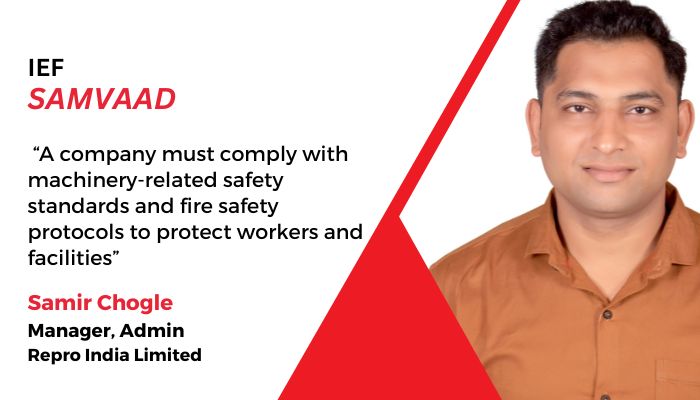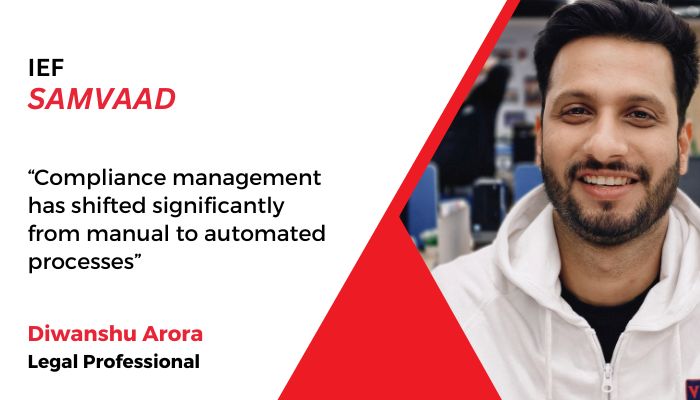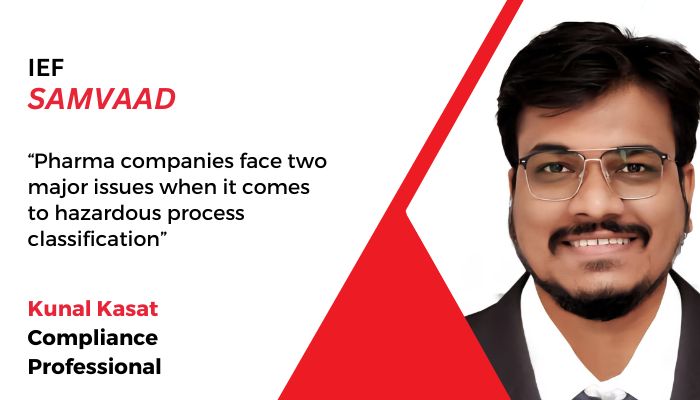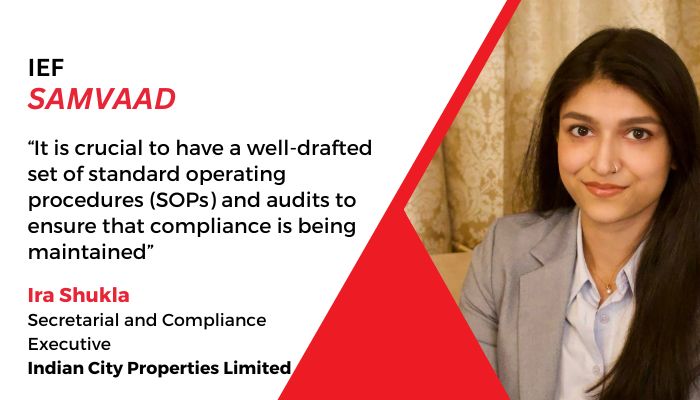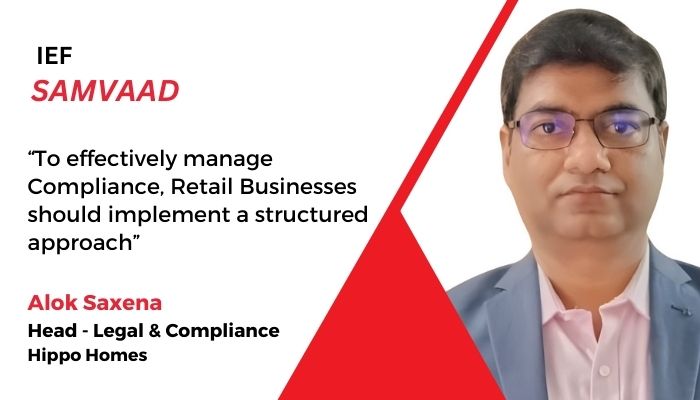Samir Chogle, Manager – Admin, Repro India Ltd, speaks to the India Employer Forum about various compliance challenges in the printing industry.
Q1: What are the primary compliance challenges faced by a listed company in the printing sector?
A listed company in the printing sector encounters significant compliance challenges due to the industry’s labour-intensive nature. These include adhering to labour laws, such as minimum wage and workplace safety regulations, and ensuring proper registration of manufacturing facilities, such as production plants. On top of that, the company goes through rigorous audits at regular intervals. For example, every six months, there’s an Information Security Management System (ISMS) audit to make sure data security practices are in place. Client-specific evaluations, such as Disney audits, which focus on ethical labour and operational standards for clients like Disney, require careful attention and tailored approaches to meet their unique expectations. All relevant documentation needs to be carefully updated on the employee forums to reflect these requirements accurately. Beyond that, protecting data privacy for both employees and stakeholders is a big priority. Adhering to strict governance standards is of utmost importance to keep investors’ trust intact.
Q2: Are there specific regulations or acts unique to the printing industry that should be addressed?
The printing industry, reliant on heavy machinery and large workforces, faces unique regulatory requirements. A company must comply with machinery-related safety standards and fire safety protocols to protect workers and facilities. This includes records for plant labels (identifying equipment compliance), fire safety measures, and Plant Safety and Labour Regulations (PSLRs), which cover worker protections. These audits are critical and require meticulous preparation to maintain contracts with global clients. Compliance with the provisions of the sector’s primary legislation, Press and Registration of Periodicals Act, 2023, is essential to ensure transparency and accountability within the publishing industry.
Q3: How do you ensure that the company stays compliant amidst frequent regulatory and legal updates?
Regulatory changes, such as updates to minimum wage laws or safety standards, are common in the printing sector due to its labour-intensive operations. The company employs a dedicated plant administration team that monitors government and regulatory websites for updates, ensuring timely compliance. It also subscribes to industry-specific newsletters and engages consultants with expertise in printing regulations. This proactive approach helps the company navigate the complex and dynamic regulatory landscape. However, with the integration of compliance software, keeping track of all these changing requirements can become much smoother and help stay on top of the latest developments in compliance regulations.
Q4: What role can technology play in managing compliance processes effectively?
Technology is transforming compliance management, where manual processes can be prone to error and time-consuming. Compliance software, in this case, can be helpful in streamlining documentation, tracking regulatory updates, and ensuring accuracy. For instance, it can help manage challenges like delayed government notifications, such as minimum wage adjustments, by automating updates to payroll and compliance systems. These tools can enhance efficiency, reduce risks, and enable the company to stay ahead of regulatory demands in a fast-paced industry.
Q5: What would be your tips for young professionals aspiring to work in compliance & governance?
Young professionals, such as lawyers or company secretaries, entering the compliance field in the printing sector should try to build upon the fundamentals of regulatory frameworks while staying updated on evolving laws, such as labour or environmental regulations. Getting a grasp of the company’s goals and how compliance shapes operations and client trust are some crucial steps towards becoming an efficient compliance professional. Professionals should also recognise the risks of non-compliance, which can result in legal, financial, or reputational consequences. Building networks with consultants and experienced compliance officers, along with a commitment to continuous learning, can be helpful in this dynamic field.
Also read: Talent Acquisition in the Q-Commerce Industry
About Samir Chogle
Samir Chogle is a Senior Manager of Administration with over 14 years of experience. Currently working at Repro India Ltd, he manages operations, optimises office processes, and ensures strict compliance with regulatory requirements. His focus lies in creating efficient workflows, maintaining rigorous compliance standards, and driving organizational growth through streamlined, effective processes.
Disclaimer: The opinions and views expressed in this article, including any accompanying data, are the sole responsibility of the author and should not be construed as reflecting the official policy or position of India Employer Forum.

